As the demand for outdoor activities rises, so does the need for reliable and sustainable gear. Knife manufacturers are responding to this trend by adopting eco-friendly practices while maintaining the quality and craftsmanship that outdoor enthusiasts require. In this blog, we'll explore sustainable practices in knife manufacturing, focusing on materials, production methods, and the future of eco-conscious cutlery.
The Rise of Sustainability in Manufacturing
In recent years, sustainability has become a focal point for consumers who aim to lessen their ecological footprint. This change in consumer behavior has pushed manufacturers in various industries, including knife makers, to adopt more eco-friendly practices. As a result, manufacturers are integrating sustainable materials and methods into every aspect of the production process.
Conscious Material Sourcing
The foundation of sustainable knife manufacturing lies in the materials used. High-quality materials not only impact the durability of the knives but also the environmental footprint of their production. For instance, knives made of Damascus steel are not just recognizable for their beauty but can also be sourced from recycled materials, making them a more sustainable option.
- Recycled Steel: Using recycled steel minimizes waste and decreases the energy needed for production. Many artisans now acquire high-quality steel from scrap sources, ensuring that less material ends up in landfills.
- Sustainable Wood Handles: The choice of handle material can significantly affect a knife's sustainability. Sustainable wood options, sourced from responsibly managed forests, provide both aesthetic appeal and a lower carbon footprint.
- Biodegradable Materials: Some companies are experimenting with biodegradable or compostable materials for knife handles and packaging, moving away from plastics that can persist in the environment for generations.
Eco-Friendly Production Techniques
Beyond materials, the techniques employed in manufacturing knives can have significant implications for sustainability. Traditional production methods often require extensive energy use and can create considerable waste. However, modern knife manufacturers are redefining these processes to be more environmentally friendly.
Energy-Efficient Manufacturing
Utilizing energy-efficient machinery and practices reduces carbon footprints significantly. Some knife makers source renewable energy to power their facilities, ensuring a cleaner product from start to finish. For example, employing solar panels not only cuts energy costs but can also supply the power needed for traditional forging techniques.
Waste Reduction Initiatives
Waste management is another critical area where knife manufacturers can achieve sustainability. Many companies have embraced initiatives to minimize waste during the production process. Cutting materials efficiently, reusing scrap metal, and recycling sawdust are common practices that significantly reduce the overall waste generated.
The Role of Fair Labor Practices
Another essential component of sustainable practices in knife manufacturing is fair labor. Ethical labor practices ensure that workers are fairly compensated and work in safe conditions. Many manufacturers are becoming transparent about their supply chains, making conscious efforts to source materials from companies that comply with fair labor standards.
Supporting Local Communities
Manufacturers that prioritize local craftsmanship help stimulate their local economies. By employing skilled artisans in the manufacturing process, they not only support fair wages but also keep traditional techniques alive. This consideration elevates the importance of skills and heritage in knife making, ensuring that the history of the craft is preserved.
Innovations in Sustainable Knife Design
Innovation is at the forefront of sustainable knife manufacturing. As technology evolves, so do the materials and designs available to manufacturers. Designers are increasingly incorporating biomimicry and other innovative approaches that appeal to environmentally-conscious consumers.
Advanced Materials
One of the more exciting developments in sustainable knife design is the incorporation of advanced materials that claim to offer performance similar to traditional metals. Materials such as carbon fiber or G10 are becoming more popular due to their lightweight nature and durability and often have a lower environmental impact than some of their heavier counterparts.
Modular Design
Moreover, some brands have chosen to create modular knife designs, allowing users to change components easily. This concept not only extends the knife's lifespan but also gives customers the option to repair instead of replace, minimizing waste in a throwaway culture.
Consumer Awareness and Responsibility
For sustainable knife manufacturing to grow, consumer awareness is critical. Knowledgeable consumers make informed choices based on sustainability, and by looking for brands that provide transparency in their practices, they can impact the market positively. This shift towards eco-friendly choices reveals that consumers increasingly value not just the aesthetics and performance of items, like hunting knives, but also their environmental impact.
Educating Customers
Many manufacturers have taken on the responsibility of educating their customers about the significance of sustainability. Information on sourcing, production processes, and the lifecycle of a product can help consumers understand the importance of their choices. By sharing insights through blog posts, videos, and social media, brands guide their communities toward making responsible decisions.
Collaboration with Environmental Organizations
Collaboration with environmental organizations is another impactful way that knife manufacturers can contribute to sustainability. By engaging in partnerships aimed at conserving nature, reducing waste, and protecting local wildlife habitats, brands can actively participate in making a difference in the world.
Investing in Nature Conservation
Some knife companies donate a portion of their profits to environmental conservation efforts, ensuring a cleaner planet for future generations. These charities often focus on land restoration, wildlife protection, and climate action, showcasing that the knife manufacturing industry is dedicated to a broader environmental mission.
A Canvas for Artistic Expression
Crafting knives with sustainable practices not only fulfills ethical considerations but also allows artisans to showcase their artistry. Beautifully crafted knives made with care are often viewed as works of art, encouraging knife enthusiasts to appreciate the craftsmanship behind their gear.
Custom Creations and Personalization
Additionally, personalized knives can further enhance the connection between the consumer and the product. When purchasing a knife that has been crafted with sustainability in mind, customers are not only acquiring an exquisite piece of art but also contributing to ecological preservation.
Look to the Future: The Path of Sustainability
The future of knife manufacturing is bright, with sustainability at its center. As more consumers become conscious about the origins of their outdoor gear, knife manufacturers are paving the way for a more responsible industry. From the materials they choose to the processes they implement, each step taken is crucial in reducing the impact on the environment.
Embracing Sustainable Choices
For consumers who appreciate high-quality blades, opting for sustainably produced knives, such as those made with Damascus steel folding knives and other eco-friendly materials, not only supports ethical ethics but also champions craftsmanship and skill. Together, manufacturers and consumers can forge a path toward a sustainable future in knife manufacturing.
The sustainable practices adopted today pave the way for a better tomorrow. By being thoughtful about the choices we make, we can create a lasting impact on both the industry and the environment. Let's commit to supporting sustainability as we enjoy the great outdoors with the tools that we passionately believe in.








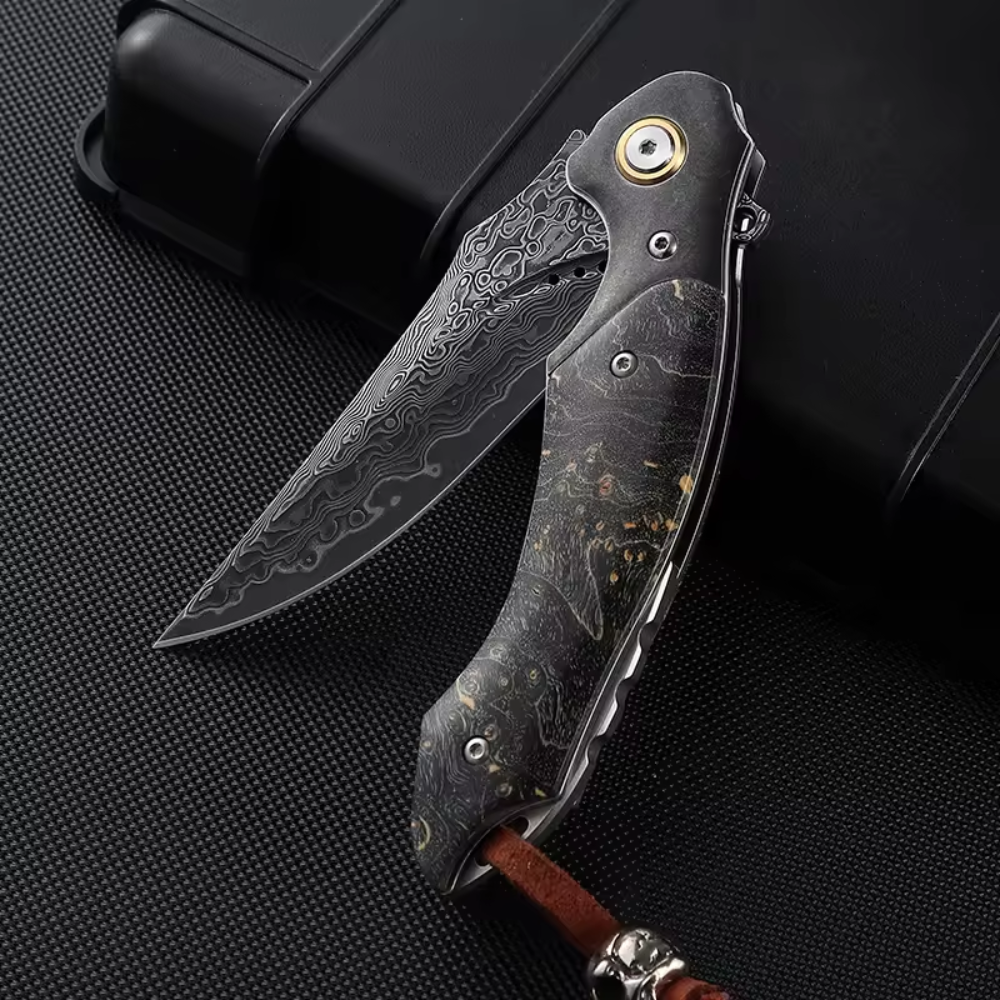
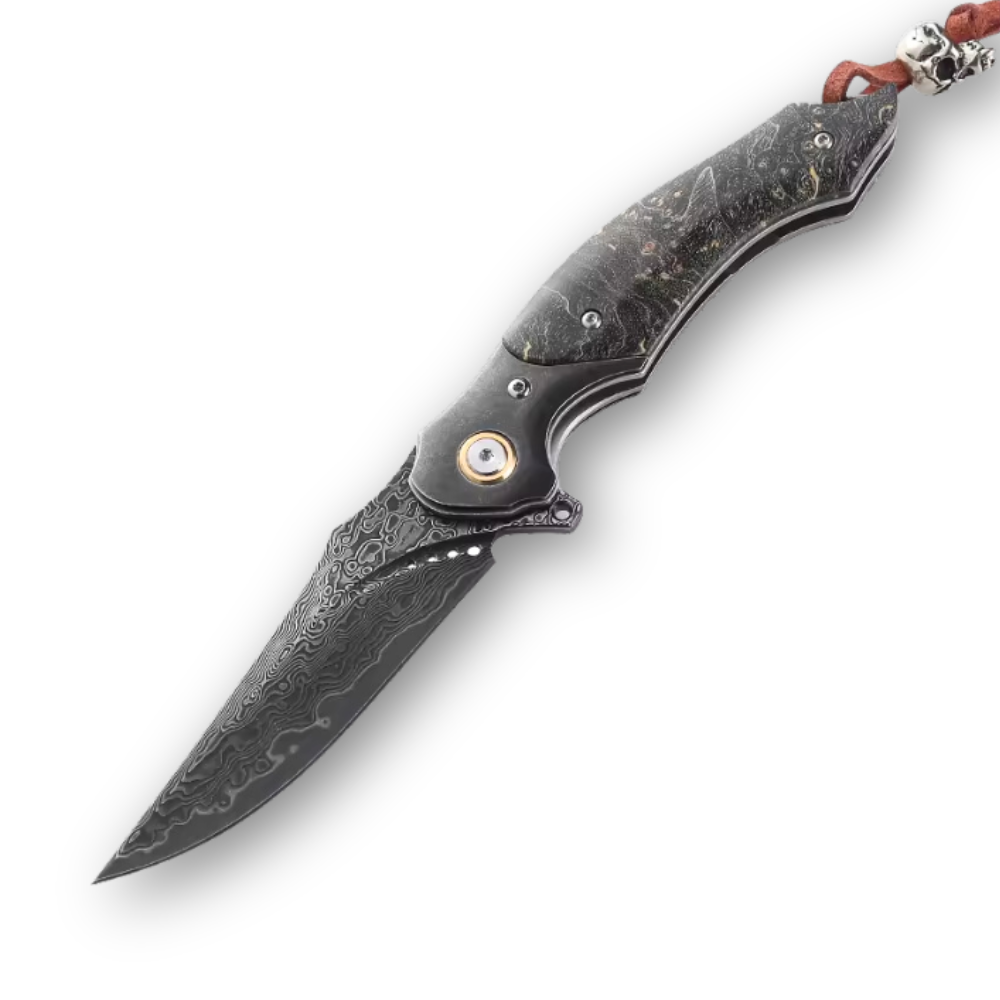
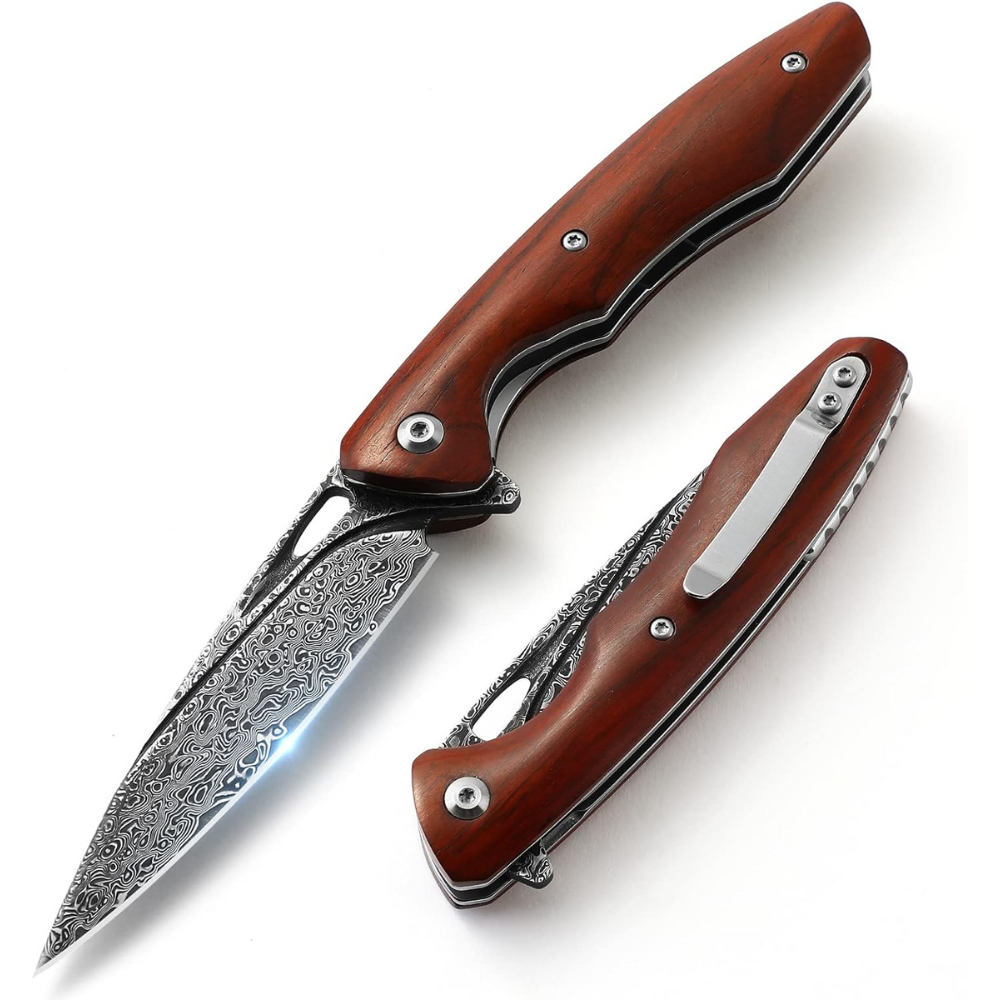
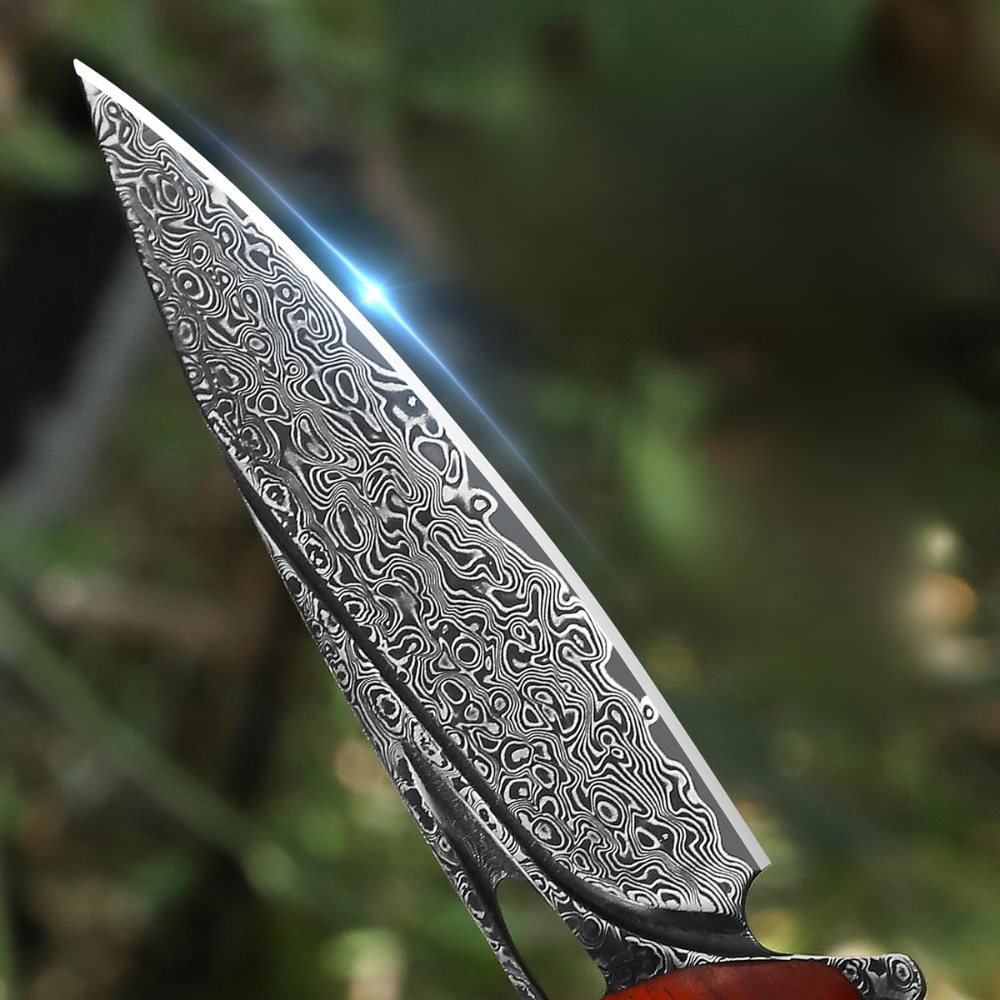








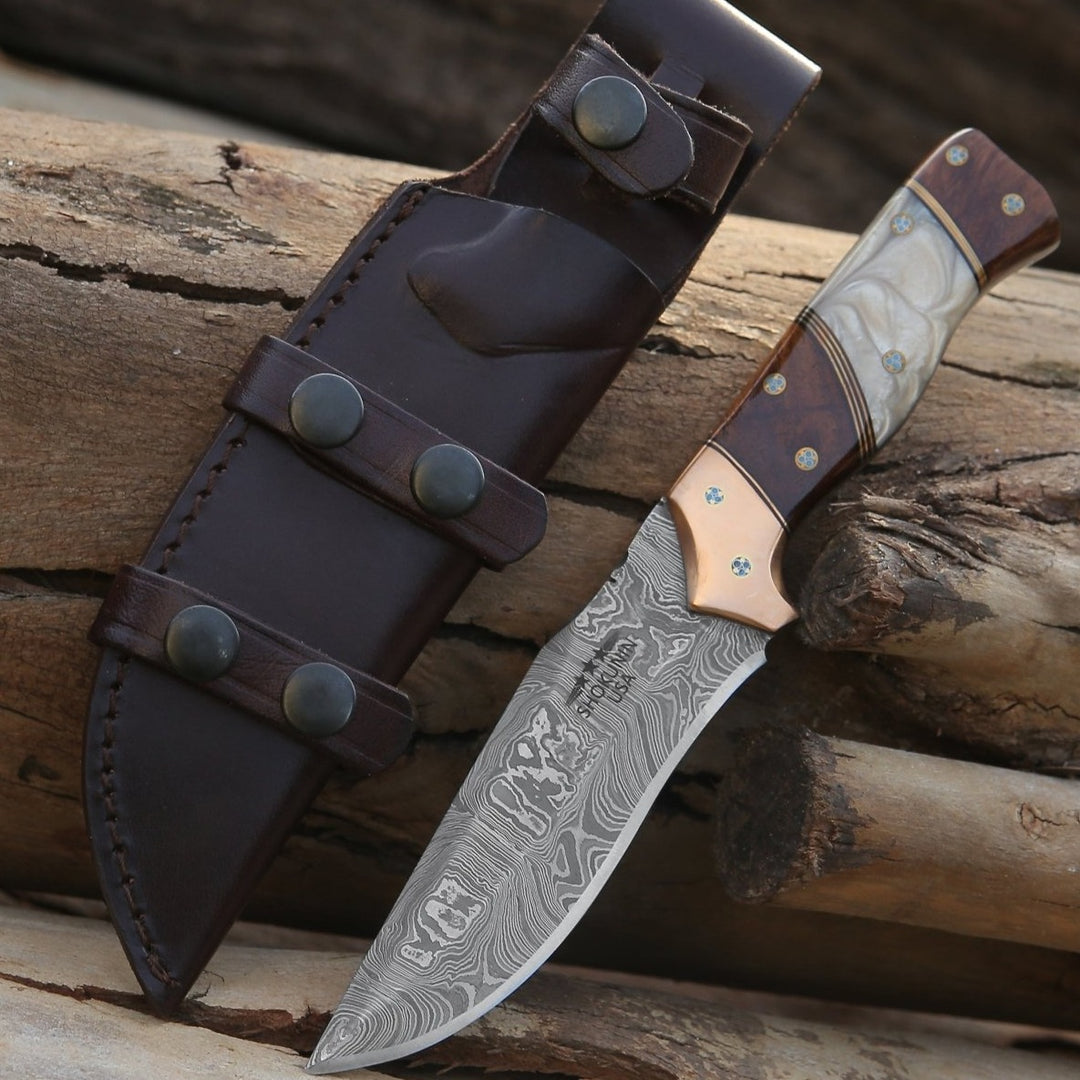
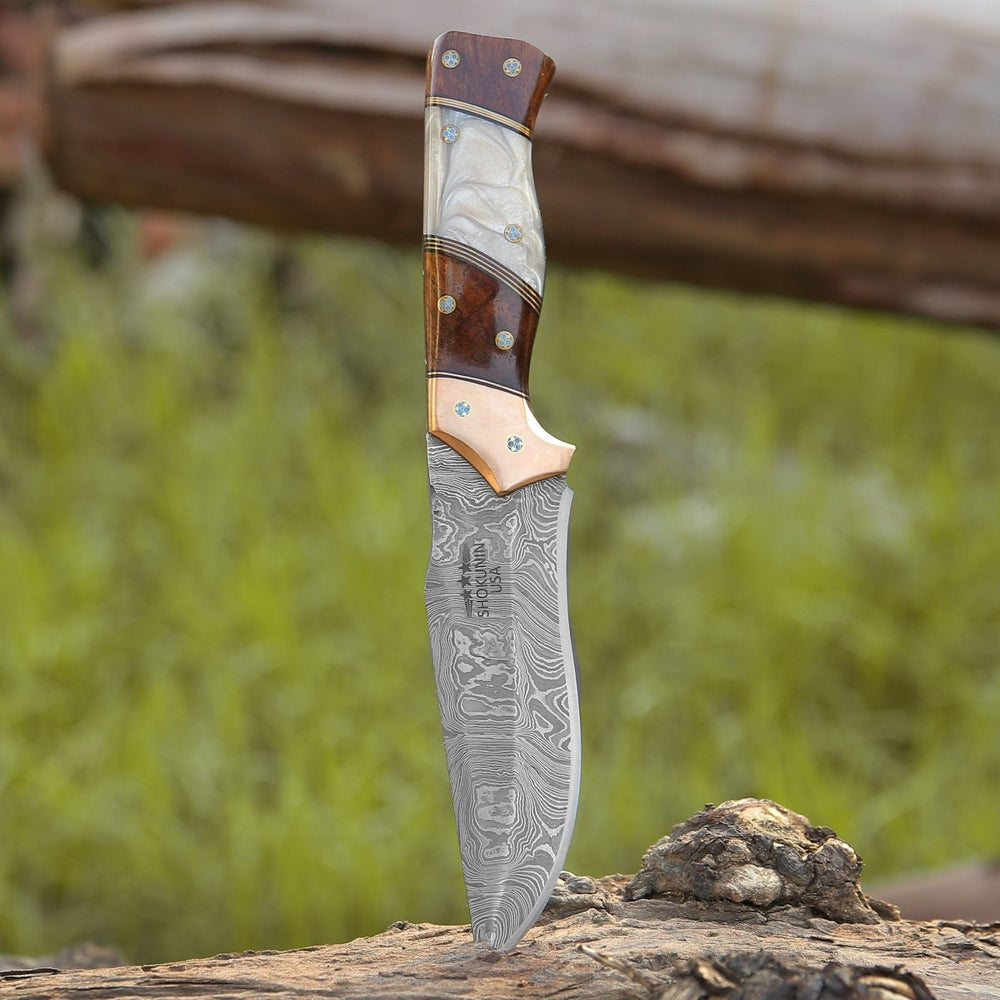


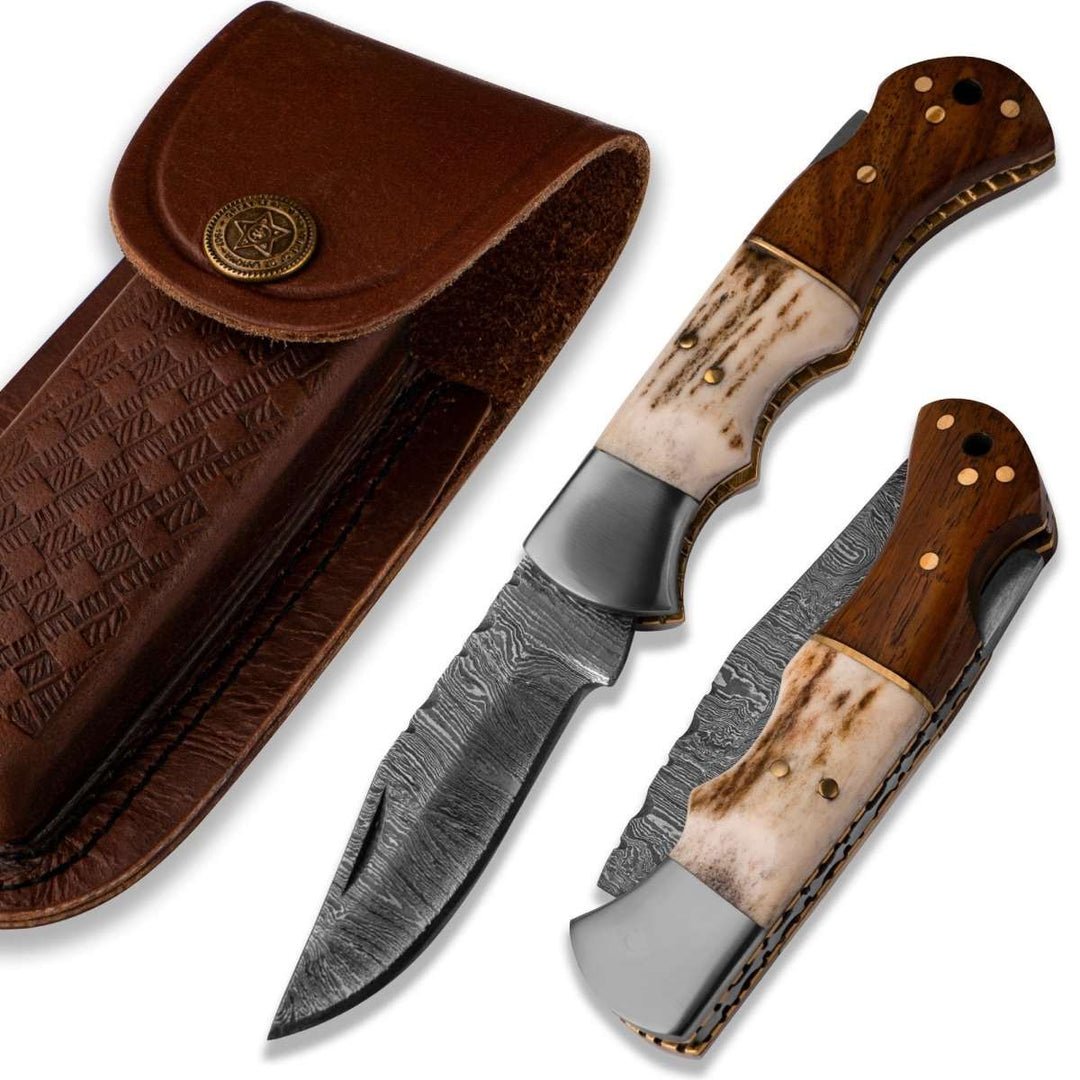
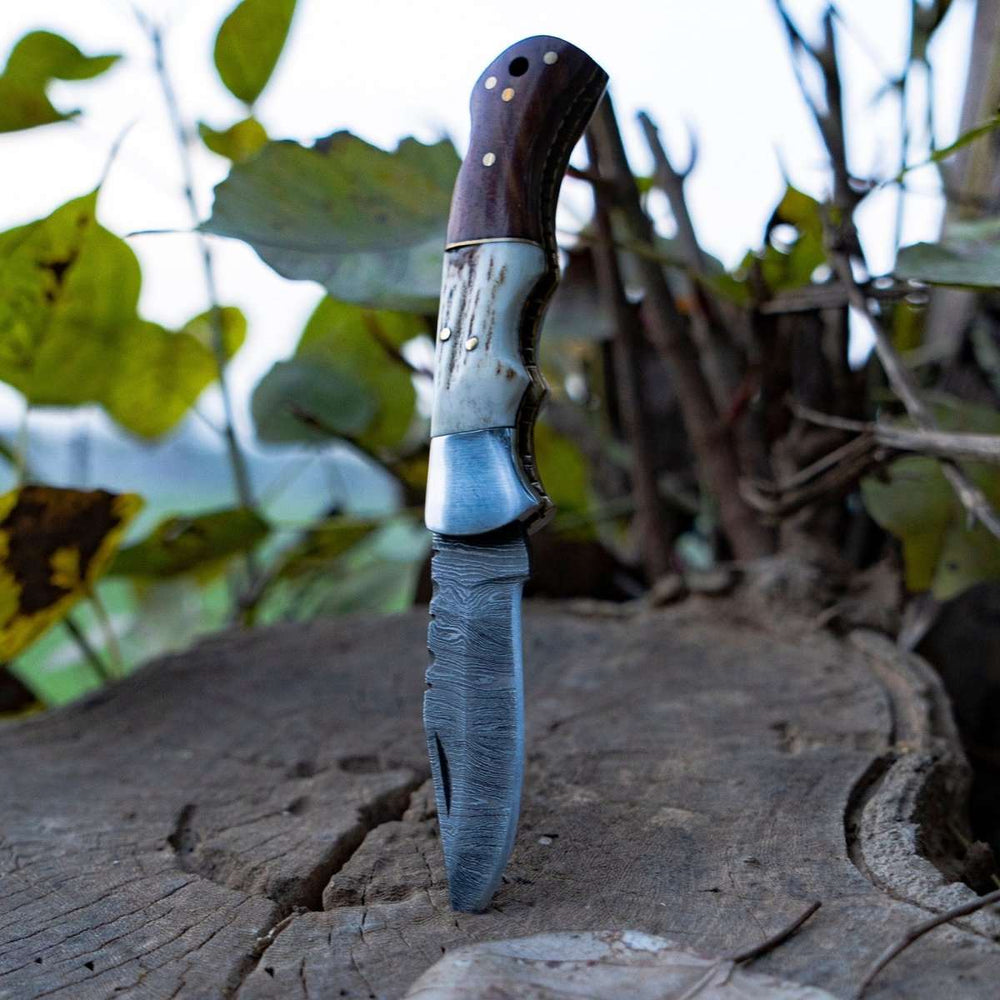




Dejar un comentario